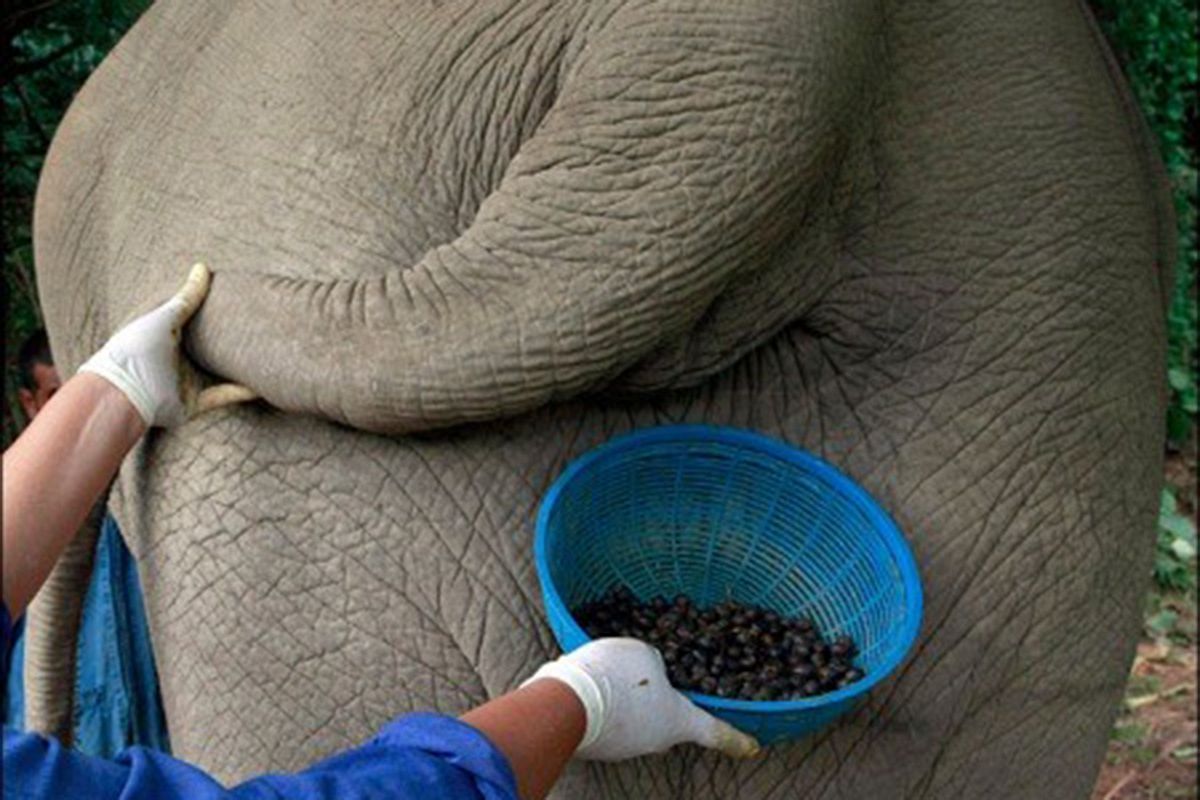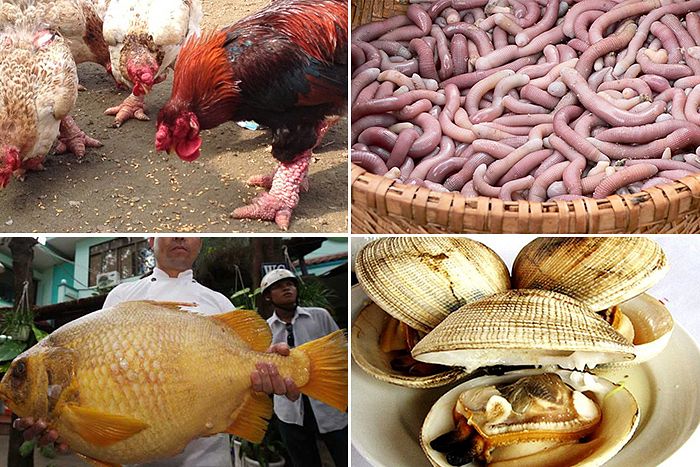Are foreign fast food brands falling out of favor among locals, or are there other reasons behind their losses?
Recent reports by Thanh Nien pointed out that many foreign fast food chains and other Foreign Direct Investment (FDI) businesses in Vietnam have been reporting successive financial losses since they entered the country despite gaining massive revenues and opening new branches.
The South Korean fast food chain Lotteria is one example. Despite revenue of VND1.3 trillion to VND1.5 trillion per year, the company's annual financial losses remain high. In 2015, the brand reported a loss of VND118 billion despite revenues reaching VND1.46 trillion. In 2017, despite revenue hitting VND1.53 trillion, VND20 billion in financial losses were reported.
Since its entrance to Vietnam in 2004 through the end of 2017, Lotteria has lost VND433 billion, while its authorized capital (the maximum amount of revenue it can raise via shares) only amounts to slightly more than VND433 billion.
According to the brand's financial report, most of the deficits are due to selling expenses, which account for 50% to 55% of the corporation's two-year revenue.
Jollibee reports a similar reality. The Filipino chain claims VND400 billion in financial losses, with authorized capital barely above VND409 billion. Other well-known names such as Pizza Hut, The Pizza Company, Burger King, Domino's Pizza and Popeyes have also reported consecutive losses. McDonald’s, meanwhile, reported a loss of VND500 billion at the end of 2017.
Only KFC, which is Vietnam's second-largest fast food chain after Lotteria, reported profits. Specifically, in 2017 the company gained VND1.38 trillion in revenue with VND103 billion in profits.
According to the Vietnam Chamber of Commerce and Industry (VCCI), each year 40% to 50% of FDI corporations report financial losses. Some of which are still in operation and even extending their businesses despite reporting consecutive losses across many years and negative balances in paid-in capitals.
These conflicting financial reports are raising suspicions that these brands are avoiding taxes by transfer pricing — tactics multinational companies often utilize to maximize profits by taking advantage of a country's tax loopholes.
Lawyer Nguyen Quoc Toan told the news source that these brands have been around long enough to know their way around regulations, meaning it will be hard to accuse them of transfer pricing, although taxation authorities have every reason to be suspicious.
[Photo via Hot Table]














